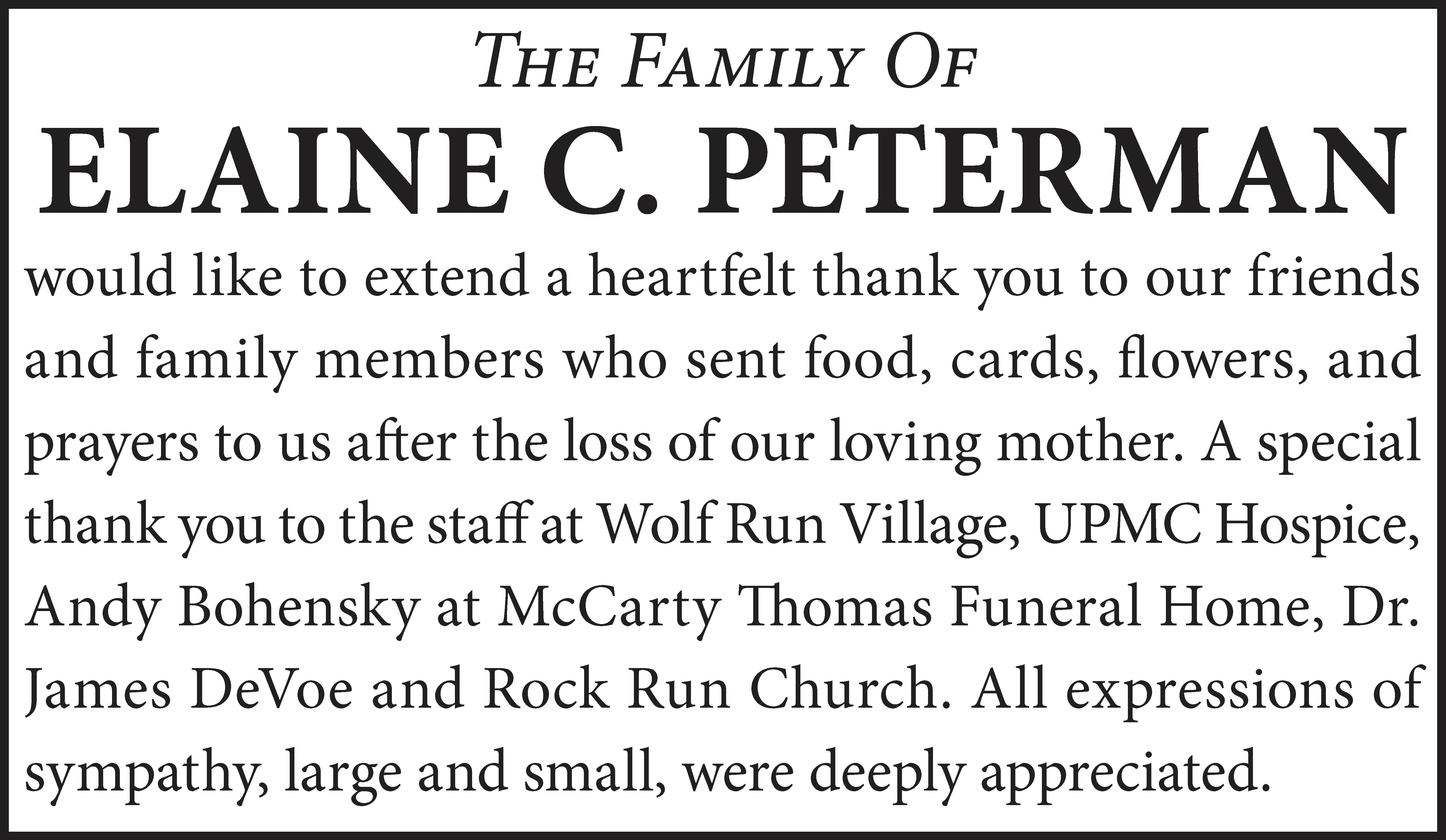Crystal Hefner broke a promise — and our world is a better place for it.
Six decades younger than Playboy magnate Hugh Hefner, Crystal was his third and final wife; when the world-famous womanizer was nearing his death, he made Crystal promise that she would “only say good things” about Hef and his exploitative empire.
But as she prepared to write her memoir, she found that for her own sake — and for so many other objectified women — she had to tell the truth.
Now don’t get the wrong impression: Published in January to strong online reviews, Only Say Good Things is not some tell-all full of lurid and salacious details about life inside the Playboy mansion.
No. The author is more concerned to show the moral vacuity, the abasement of women and most of all, the appalling narcissism of the man who is almost single-handedly responsible for the pornified culture we now live in.
I’m sure that denunciation won’t sit well with some readers; but I stand by it. Like many Boomers, I remain scarred by that miserable magazine — so tantalizing and all too available in my youth. And partly for this reason, I was captivated by Crystal’s enlightening story. It is told with thoughtful, articulate prose and loaded with ready-made symbols that reflect the sad, seamy truth behind what she calls “the most high-profile, visible modern harem in existence.”
A few of her more poignant symbols:
Hef’s weird obsession with the Frankenstein story — in which a madman wants to artificially assemble the perfect human body.
A pair of lovebirds caged at all times in Hefner’s bedroom — with one of the two always dying off; Crystal, who eventually figured out that their watering-device was clogged, writes that “the birds had been dying of thirst this whole time, and the mansion staff just kept replacing them, bird after bird.”
Or how about the late discovery, made while seeking answers for Crystal’s worsening health, that the entire house was horribly riddled with black mold.
And then it turns out that Crystal’s health was also suffering as her body rejected the breast implants, she’d had put in; in other words, the young lady’s efforts to become Hef’s ideal were literally killing her.
Speaking of which: Perhaps the book’s crowning irony arrives near the end, when Hefner’s motto becomes his epitaph: “Life is too short to be living someone else’s dream.”
Could the man not see that this is exactly what he forced on all those women at his beck and call?
Along these lines, I should point out for our “family-friendly” readers that there are two or three brief but candid descriptions of Hefner’s sex life. This is, however, tastefully handled — and, what’s more, it is absolutely crucial in showing that even at these most intimate moments, Hefner was focused only on himself.
“The man thought to be the greatest lover in the world never knew how to love at all,” Crystal says. “It was clear to me that Hef had never taken a moment of his entire life to try to figure out how to please someone else.”
Singularly emblematic of Hef’s approach to love is his marriage proposal — which consisted of handing Crystal a ring and saying, “I hope it fits.”
As if it weren’t bad enough to assume she’d say yes, Crystal was immediately thrust into a reality show called Marrying Hef — which had obviously been planned for months, and on which Playboy made nearly a $1 million.
Crystal herself got $2500.
But all this initially backfired: Since Hef never really asked, she never actually said yes, Crystal wound up running off five days before the much-hyped wedding. Though she eventually returned for a quiet private ceremony, her last-minute flight cost Playboy $250,000 — and wrecked the already-printed magazine issue “introducing Mrs. Hugh Hefner.”
I’d love to finish my glowing review with many more quotes from this intelligent, gripping and well-written volume. But we are out of room, so here’s a final recommendation — directed both to Hefner’s fans and detractors: Try to get hold of the audio book, which is read by the author; you can actually hear her voice catching at some of the more painful moments.
I’ll close now with this hard-hitting reflection from Crystal:
“Power is insidious when it masks itself as generosity, and generosity is insidious when it serves as a camouflage for control. And both power and control are confusing when they gaslight you into believing they can be love.”
It’s a fitting epitaph for a man once considered a cultural pioneer.
Only Say Good Things takes a hopeful step toward repairing some of the damage he did.



